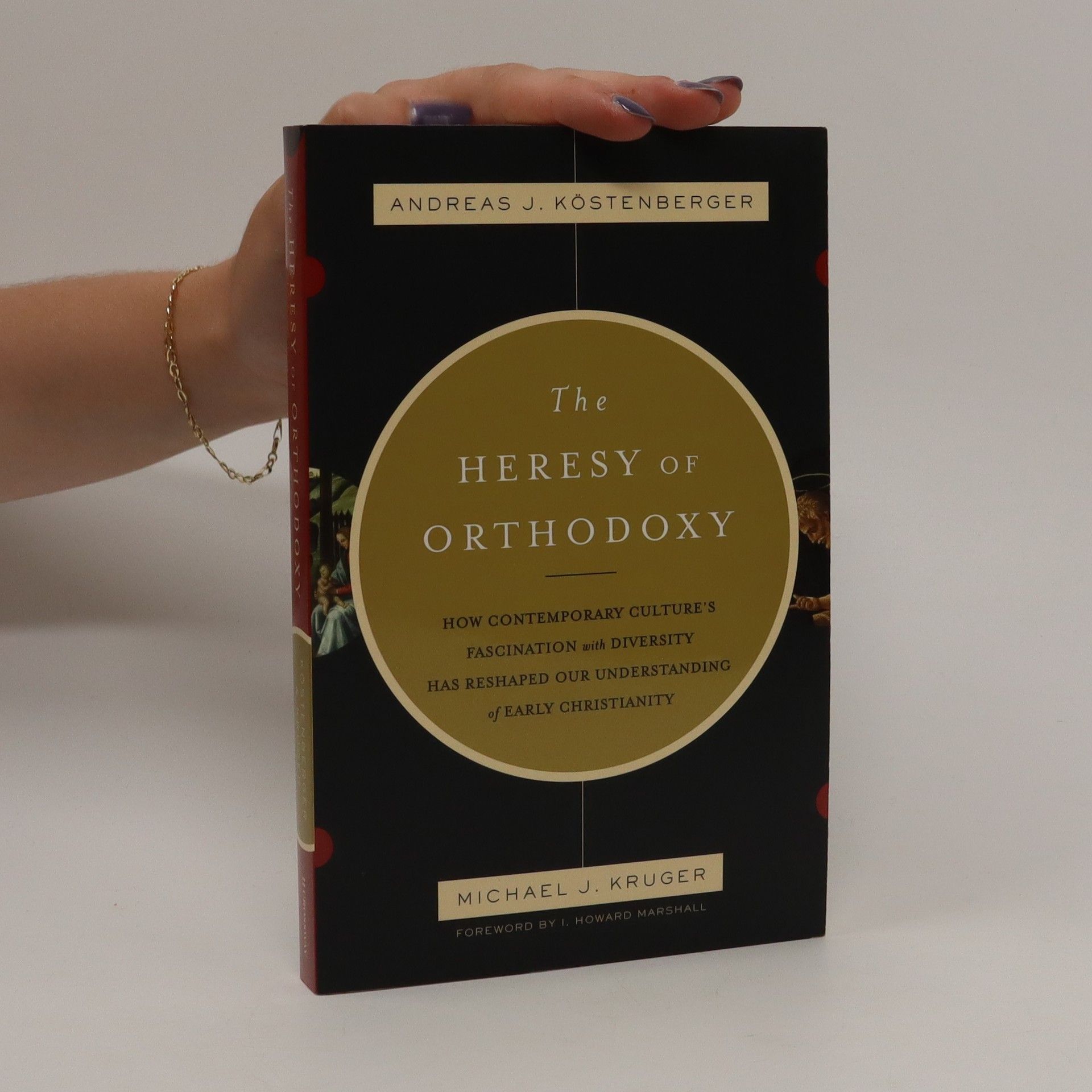Beginning with Walter Bauer in 1934, the denial of clear orthodoxy in early Christianity has shaped and largely defined modern New Testament criticism, recently given new life through the work of spokesmen like Bart Ehrman. Spreading from academia into mainstream media, the suggestion that diversity of doctrine in the early church led to many competing orthodoxies is indicative of today's postmodern relativism. Authors Köstenberger and Kruger engage Ehrman and others in this polemic against a dogged adherence to popular ideals of diversity. Köstenberger and Kruger's accessible and careful scholarship not only counters the "Bauer Thesis" using its own terms, but also engages overlooked evidence from the New Testament. Their conclusions are drawn from analysis of the evidence of unity in the New Testament, the formation and closing of the canon, and the methodology and integrity of the recording and distribution of religious texts within the early church.
Michael J. Kruger Livres
Michael J. Kruger explore l'ère formative du christianisme primitif, examinant méticuleusement ses textes et penseurs fondamentaux. Son érudition se caractérise par une profonde compréhension des paysages historiques et théologiques qui ont façonné la pensée chrétienne naissante. Le travail de Kruger éclaire le développement de la littérature et de la théologie chrétiennes primitives avec une rigueur académique. Les lecteurs apprécieront son analyse précise et sa présentation accessible d'idées complexes.


The Ten Commandments of Progressive Christianity
- 60pages
- 3 heures de lecture
Exploring ten enticing yet misleading half-truths, this book serves as a cautionary guide to recognizing and understanding the allure of these deceptive ideas. Each half-truth is examined for its seductive nature and potential consequences, encouraging readers to think critically and discern fact from fiction. Through engaging analysis, it aims to empower individuals to navigate a world filled with misinformation and to foster a deeper awareness of the complexities in our beliefs and perceptions.